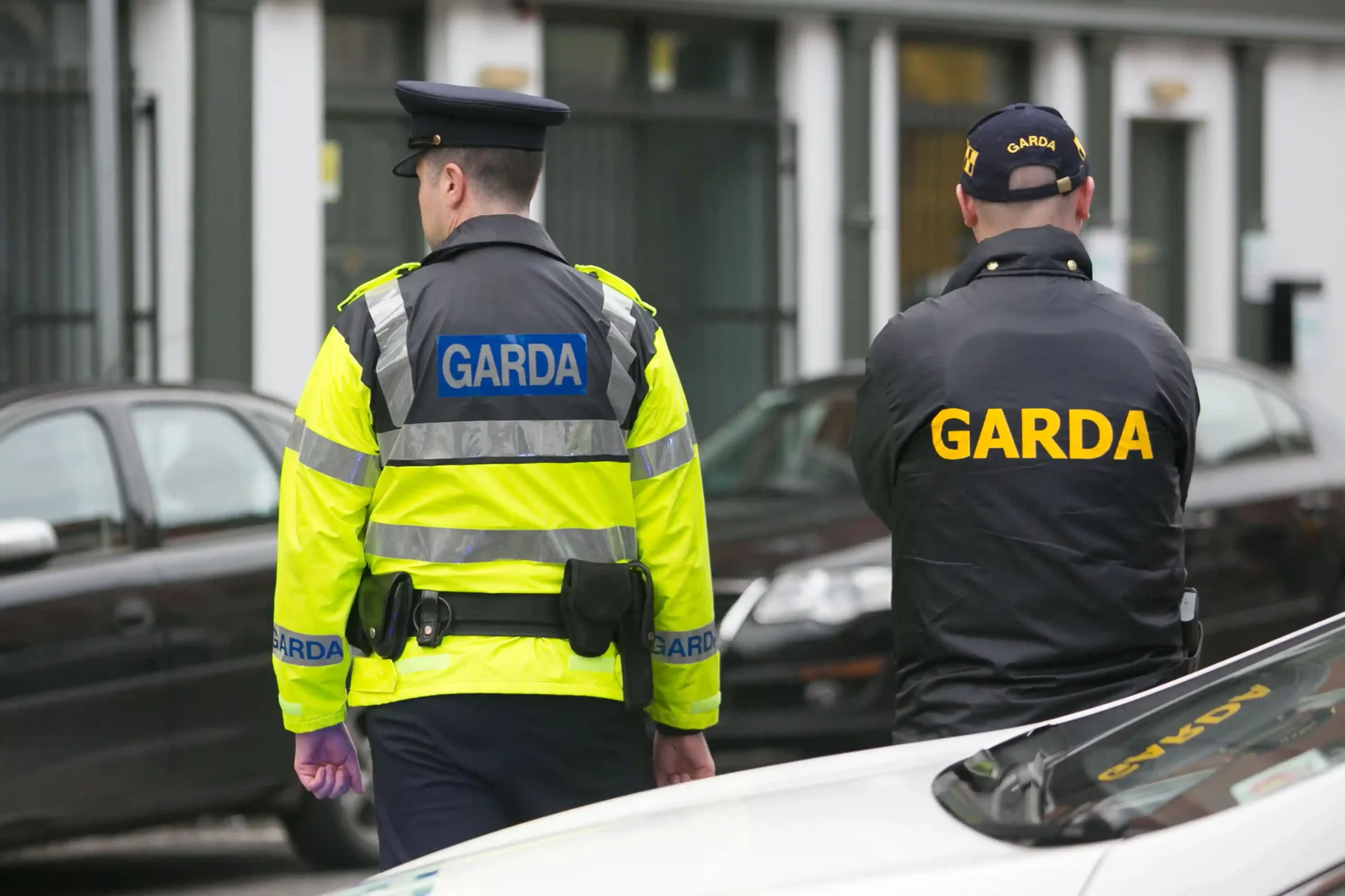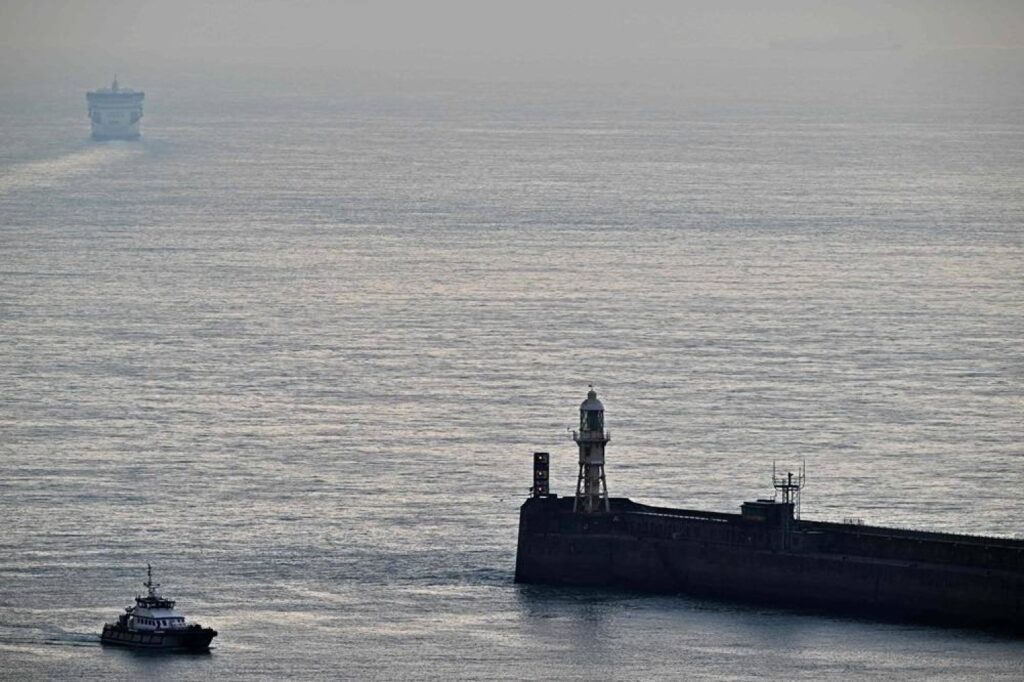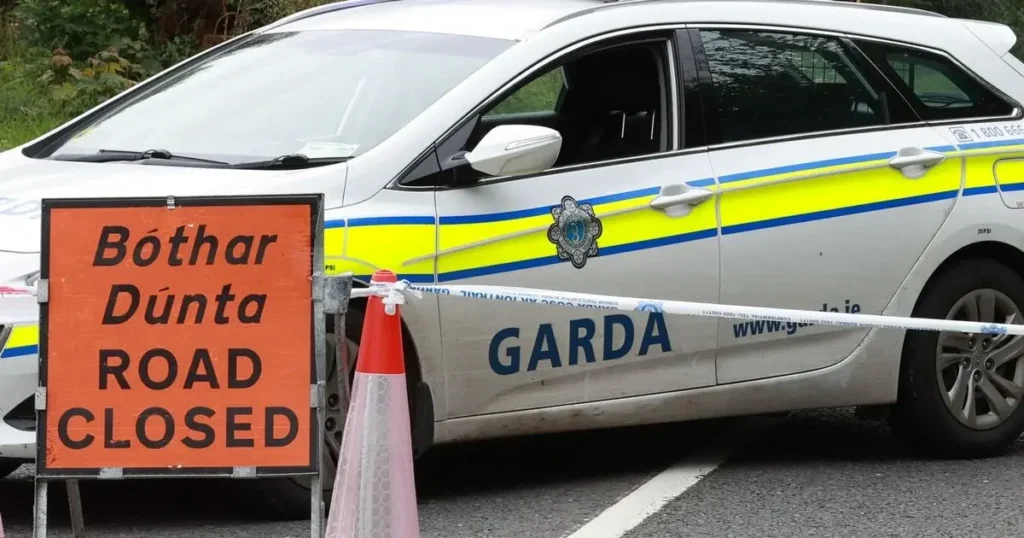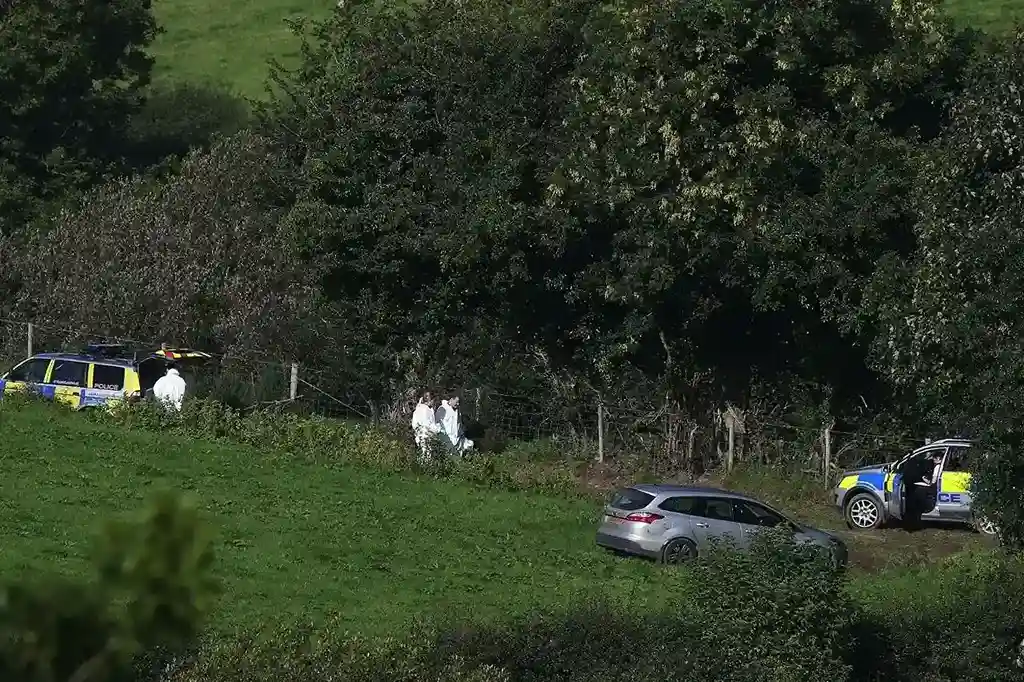Senior Garda Officers Expose the Flaws in Ireland’s New Policing Model

Senior Garda officers are raising serious concerns about Ireland’s new policing model, implemented by Garda Commissioner Drew Harris. They argue that this model has severed crucial ties with local communities and the staff they manage, creating significant obstacles in their daily operations. These challenges have sparked a debate within the policing community.
Strained Community Connections
One of the biggest complaints from Garda officers is the loss of their connections with local communities. Officers, who once relied on strong local ties, are now finding it difficult to maintain these relationships under Ireland’s new policing model. The changes have disrupted the flow of communication between officers and the public, which is essential for maintaining order and addressing community concerns.
This disconnection is particularly troubling in larger divisions, where officers are stretched thin. In places like the Clare/Tipperary Division, resources have been drastically reduced. Previously, four superintendents were stationed in different areas of Co Clare, but now, under the new model, only one remains.
Limited Resources and Increased Responsibilities
Garda Superintendents have also criticised the economic framework behind Ireland’s new policing model. The current cap of 168 superintendents is placing a heavy burden on existing officers, who are expected to do more with fewer resources. General Secretary Michael Comyns has called for an increase of at least 20 more superintendents to address the growing needs of modern-day policing.
The association argues that the current framework is “inadequate” and “unacceptable,” especially as superintendents are being asked to manage an increasing number of protests, public events, and high-profile policing situations. With additional responsibilities, including international liaison roles, officers feel the weight of growing demands without the necessary support.
The Strain of Ireland’s New Policing Model
The Association of Garda Superintendents has pointed to the unworkable geographical configurations caused by Ireland’s new policing model. Officers are now responsible for much larger areas, often without adequate staffing or resources. Detective Superintendent Colm Murphy highlighted the Clare/Tipperary Division, where just one detective superintendent oversees serious crime across a vast area, stretching from Loop Head to the Tipperary border.
This scenario is not unique to Clare. In Cork county, the superintendent’s area of responsibility now covers everything from Youghal to the Beara Peninsula, extending to Mitchelstown and Millstreet. It is challenging for officers to adequately respond to local needs within these wide districts.
Calls for Change
The criticism is centred on a call for reform. Superintendents are calling on Commissioner Harris to reconsider the structure of Ireland’s new policing model. They believe it has been rushed through without fully considering its impact on the communities Gardaí are meant to serve.
Garda Headquarters, in defence of the new model, claims that it is based on international best practices and reflects the realities of modern-day policing in Ireland. However, the superintendents maintain that it has not been effectively adapted to the unique challenges of Irish policing.
Future Prospects for Ireland’s Policing
As Garda officers continue to push for reforms, the focus remains on the effectiveness and sustainability of policing in Ireland. The strain caused by limited resources, broad geographical coverage, and disconnection from communities has led to frustration within the force.
The Association of Garda Superintendents hopes that by highlighting these concerns, necessary changes will be made to improve the implementation of Ireland’s new policing model. Whether these changes will occur remains to be seen, but the voices of senior Garda officers are growing louder, demanding that their concerns be heard.
In conclusion, the dissatisfaction surrounding Ireland’s new policing model reflects the need for a more thoughtful and strategic approach to policing in the country. With mounting challenges and growing demands on officers, the future of effective law enforcement may hinge on whether these issues are addressed swiftly and efficiently.
LATEST NEWS
DISCOVER MORE






